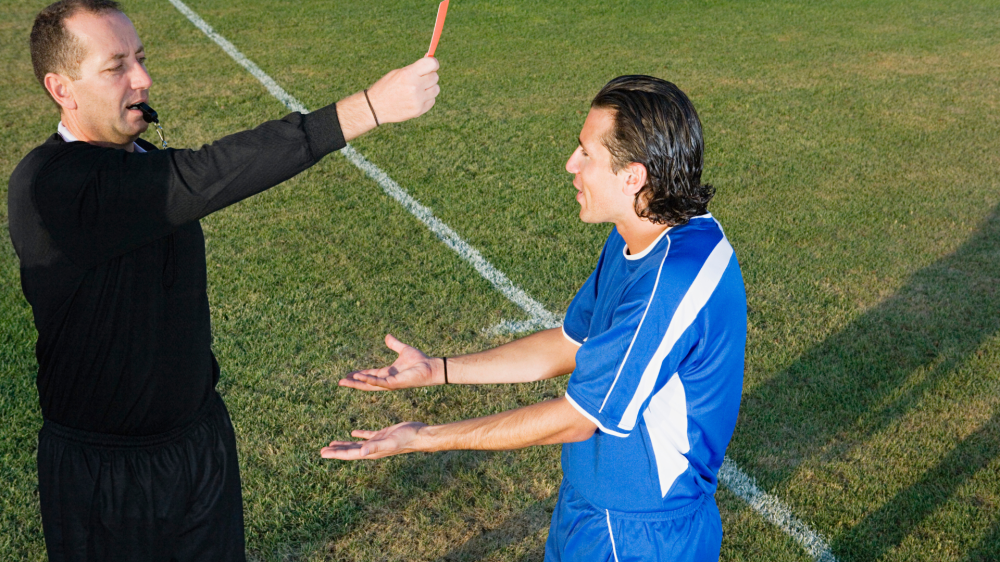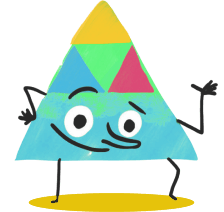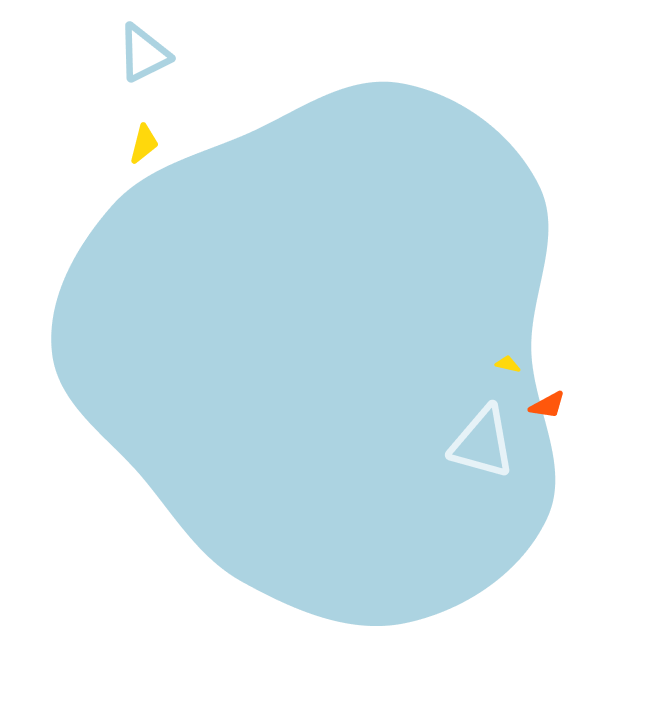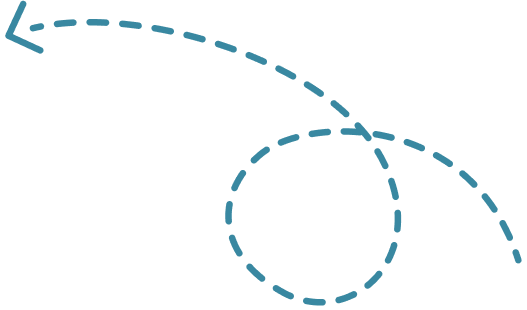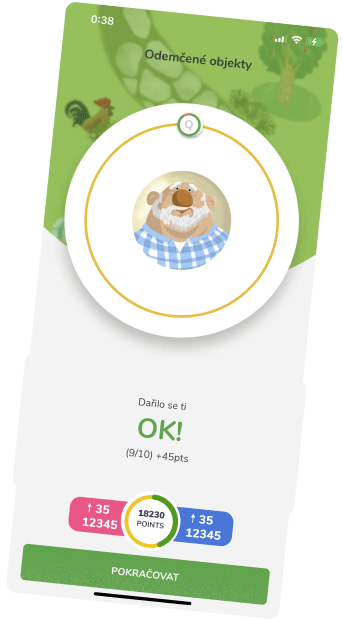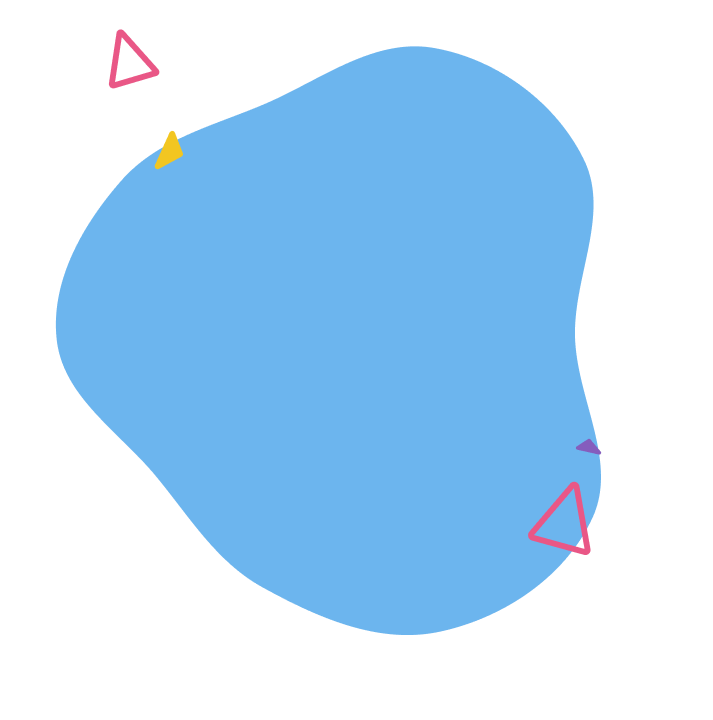English phrasal verb practice with "kick off" and "kick out"
One Saturday morning, the town was excited about the kick off [na začátek] of the annual charity soccer match. Everyone in town went to the local soccer field. The game was set to kick off [měl začít] at 2 PM. People were looking forward to seeing the match between two teams, the Eagles and the Hawks.
Before the game started, there was a small ceremony. The mayor gave a speech to kick off the event [aby akci zahájil]. He talked about the importance of community and charity. After the speech, the players took their positions. Then with a loud whistle from the referee, the game kicked off [byl zápas zahájen].
Tommy, a young player for the Eagles, was very excited. It was his first big game. The first half had ended in a tie. But Tommy got to kick off [měl zahájit] the second half.
However, the game took an unexpected turn, Mike, who played for the Hawks, got too aggressive. He argued with the referee over a penalty. The referee gave him a red card. Mike was kicked out [byl vyloučen], leaving his team with one less player.
With the Hawks less one player, the Eagles began to dominate. The crowd cheered every move. Tommy played his best, making passes and helping his team.
As the game neared its end, the Eagles were leading. When the final whistle blew, the Eagles had won. The crowd cheered for the sportsmanship that the Eagles had shown.
After the game, there was a small ceremony to hand out trophies. The Eagles shook hands with the Hawks. Everyone felt good about raising money for charity.
Tommy was already looking forward to next year's game. He was ready to kick off [odstartovat] another great event.







